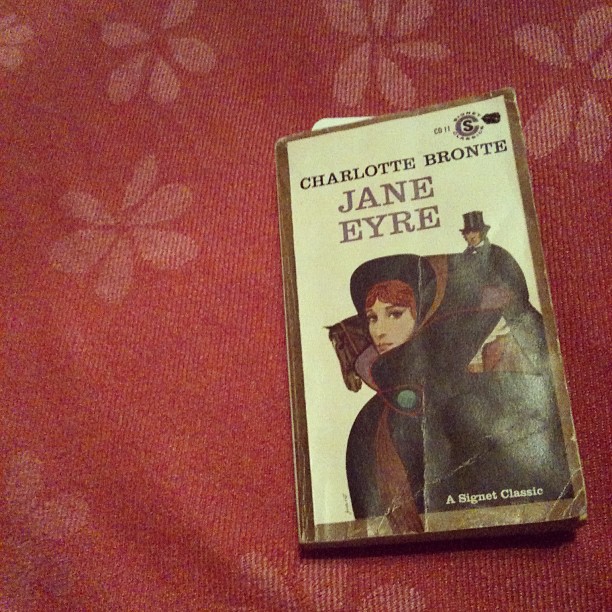Melancholia is split into two parts titled with the names of the two protagonists, 'Justine' and 'Claire'. Justine is played by Kirsten Dunst, Claire by Charlotte Gainsbourg. Justine is depression, Claire is anxiety.
When the threat of Melancholia (an approaching planet that once hid behind the sun and may or may not collide with Earth) heightens, Justine reacts to the situation with interminable indifference while Claire responds with suffocating anxiety.
Von Trier uses an impending apocalypse as a way to explain what depression and an anxiety disorder really feels like. Personally, I've had bouts of anxiety attacks and moments of depression and still continue to experience these. Despite referrals to therapists, I've put off seeing them (yes, I'm in THAT stage). I haven't come across a film that accurately portrays what anxiety and depression does to a person's internal and emotional state.
That intense suffocating feeling that Claire experiences during Melancholia's approach towards Earth, as if gravity itself is trying to wring the air out of your lungs, is a mental and emotional trauma that is painfully familiar for me.
Justine's persistent and frightening indifference towards the end of the world, as well as her own wedding is depicted by Kirsten Dunst in the most powerful and believable way. The hollowness of the eyes that seem to be staring at nothing and everything. The darkness that can cloud over you at any moment and the recklessness and impulsive behaviours that come about in a desperate search to keep the dark clouds at bay. The frank cruelty towards other people that seem to come out of nowhere. The mood swings. The excessive introspection that leads you to the point of self-loathing and the consequent detachment from friends and loved ones. All of these are conveyed so brilliantly and accurately in this film.
Some found the film to be too lengthy and others deemed it as dull arthouse trash. I can see why some people would perceive it this way. If the film was constructed in the same way but instead focused on a different subject matter altogether and if the characters did not have depression or anxiety I would have probably found it very dull as well. But since the film deeply affected me in a very personal way, I did not mind its length or its slow pacing. In fact I much preferred it that way since it gave me time to assess what I just saw.
Some found some scenes gratuitous, like an ultra slow motion shot of a horse collapsing to the ground, but I argue that these seemingly random images are not just there because of their visual beauty but are there to reinforce a certain kind of mood. Von Trier created an atmosphere to represent what it would probably feel like if the entire planet knew and are restlessly waiting for the end of everything - a combination of hushed hopelessness and violent tremors of our defeated planet. The ground shaking music of Wagner as the tremors and the isolated country house as the collective hush of our planet.
Again, I can fully understand why people would dislike this film because of the mood, or its length or because of its dreary subject matter. What I don't understand are the people who call the film pretentious.
Pretentious is a word used to describe this film in many reviews I've read. In all honesty, I'm quite irritated having this adjective used as a go-to word to sneer at creative works that strive to be ambitious, daring or beautiful. I find it sad when writers, specifically critics, use this word. It is cop-out criticism. It is lazy because it is too definitive and delimits the opportunity for further discussion which is what art, and subsequently, criticism is really there to do - promote discussion.
Any work of art that is brave, unconventional and new can be called pretentious and those that who do can get away with it. This is because films like Melancholia require a certain degree of pretentiousness. Any work that takes a risk need to be christened with self-importance that it initially does not deserve. If this wasn't so then the artist will never have the impetus that eventually leads to the art's creation.
What is creativity but considering what is in one's head important enough that the artist indulges himself by bringing it into the world. If artists did not give their work greater importance than what it deserves then we will only be left with art that is subpar, lacklustre and dangerously unambitious.
I'm just grateful that von Trier was pretentious enough that he was able to make this film.
Images are edited by me from various screenshots from the film. Note: The film is not black and white.



















































